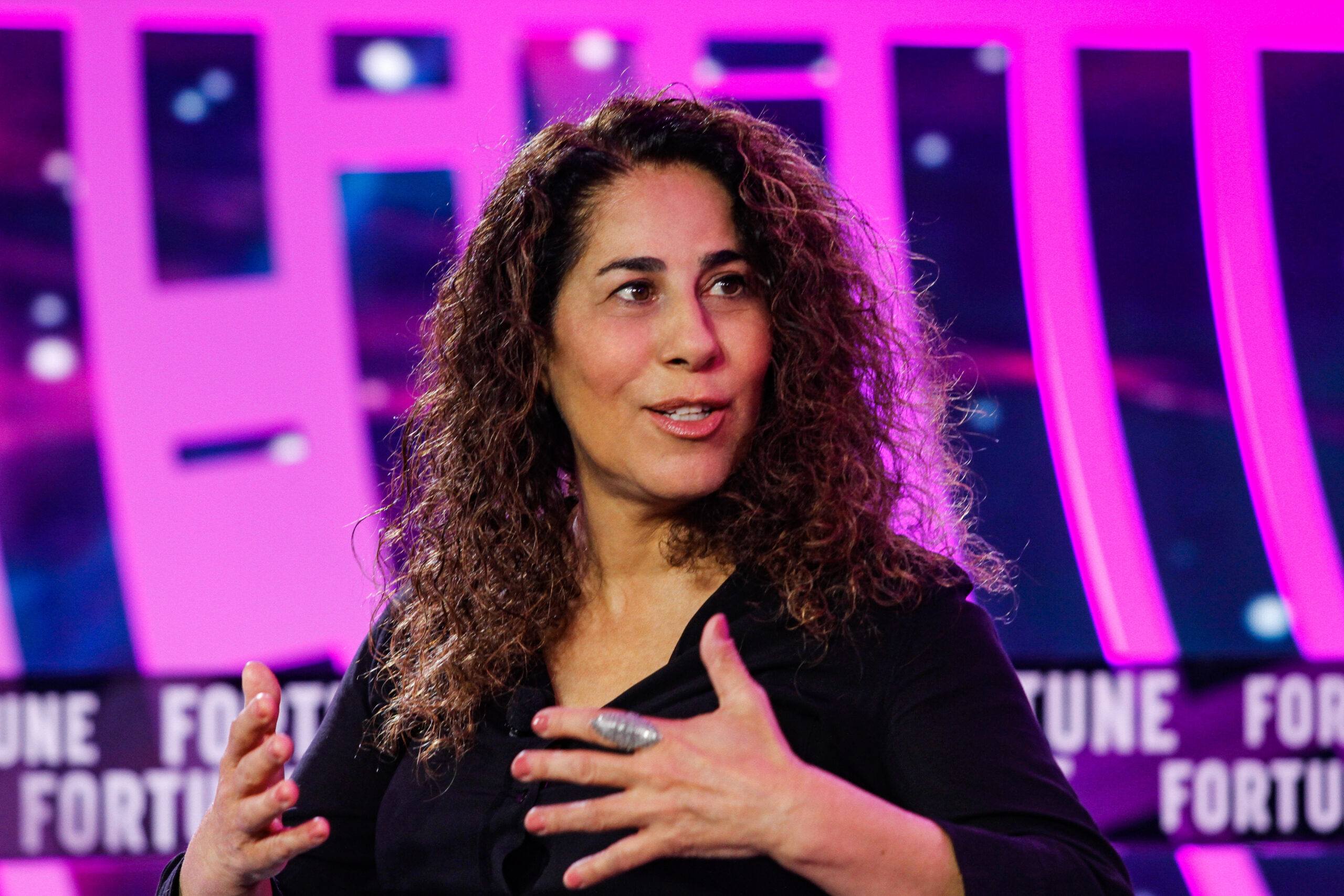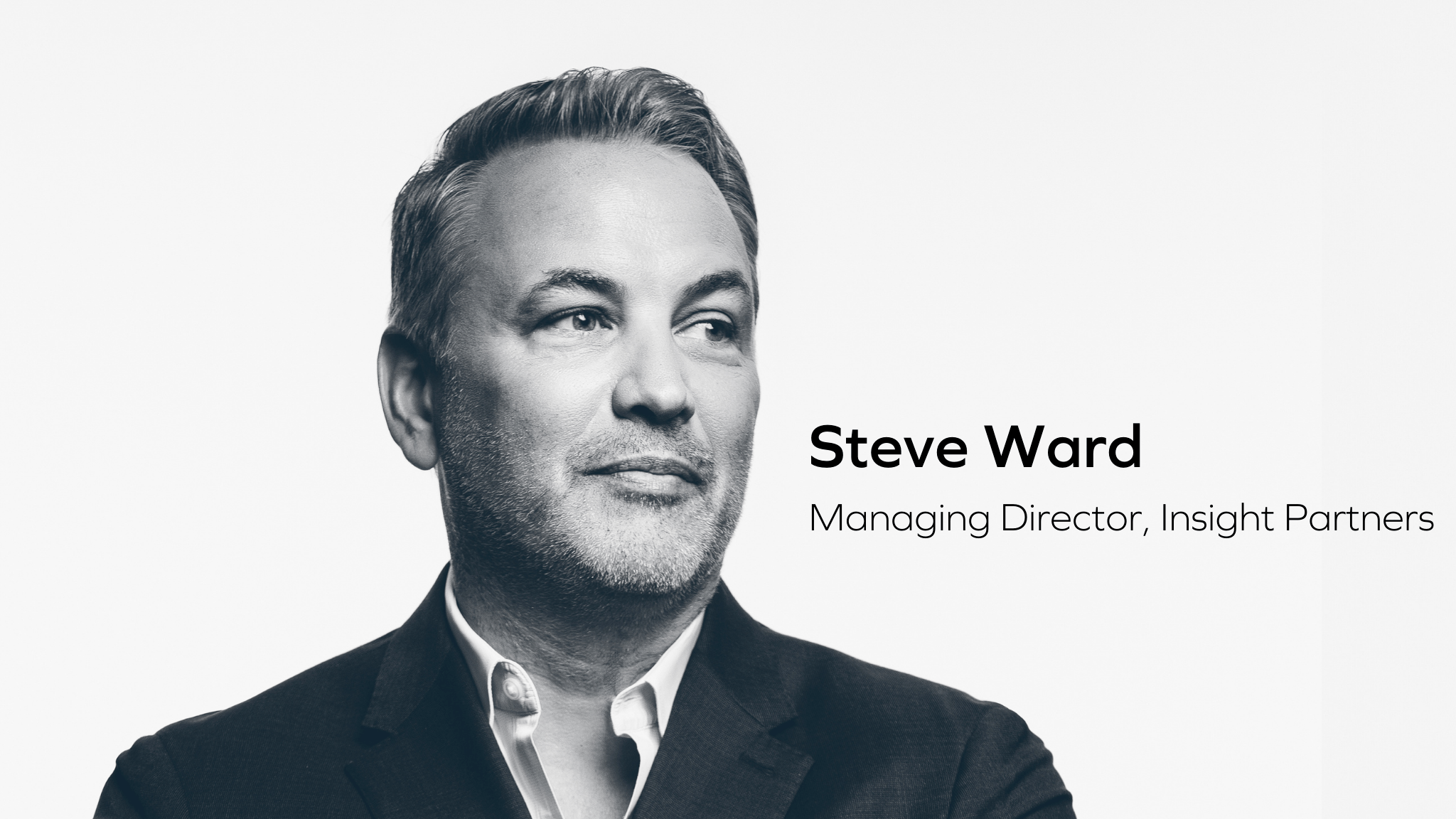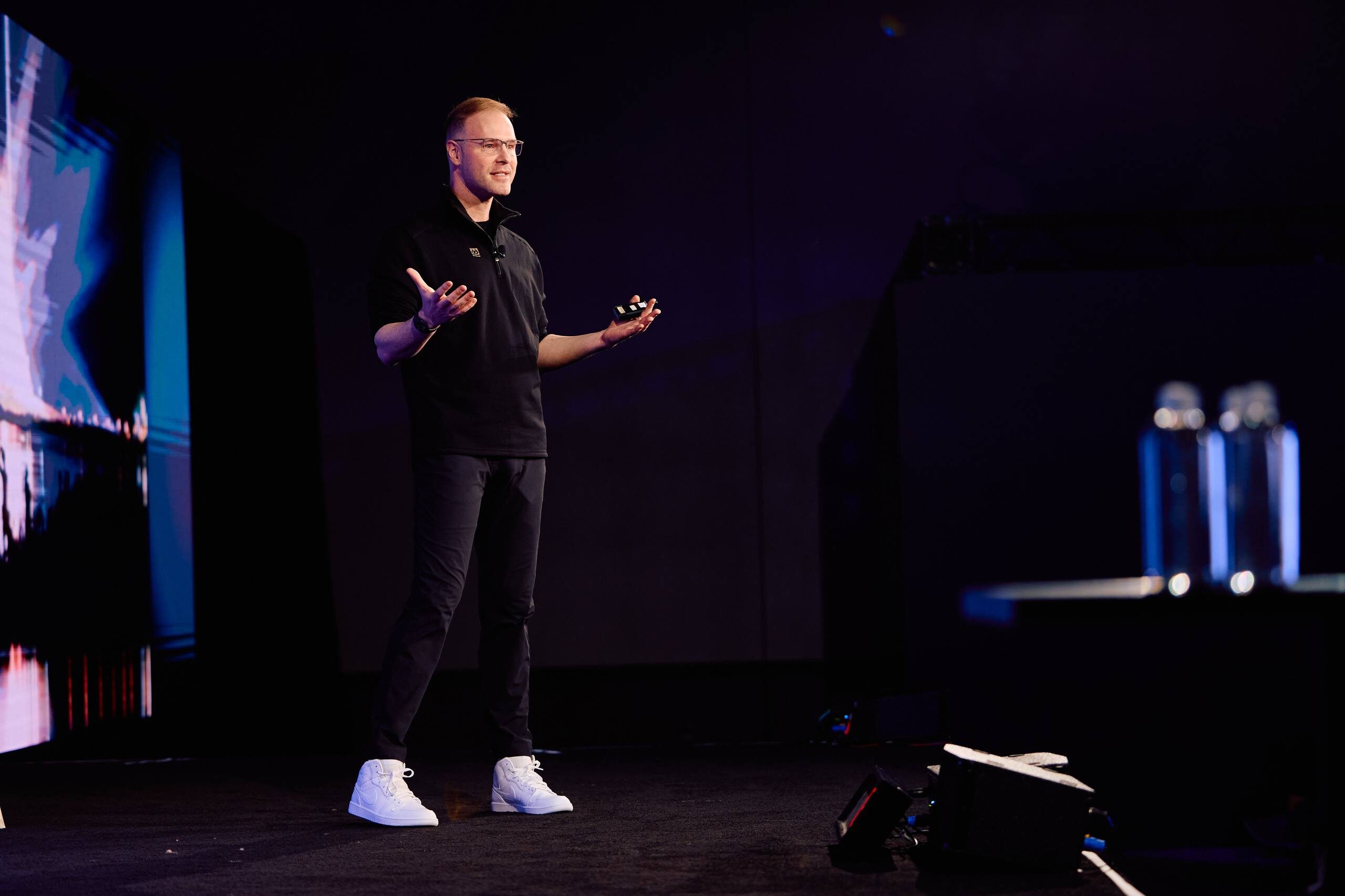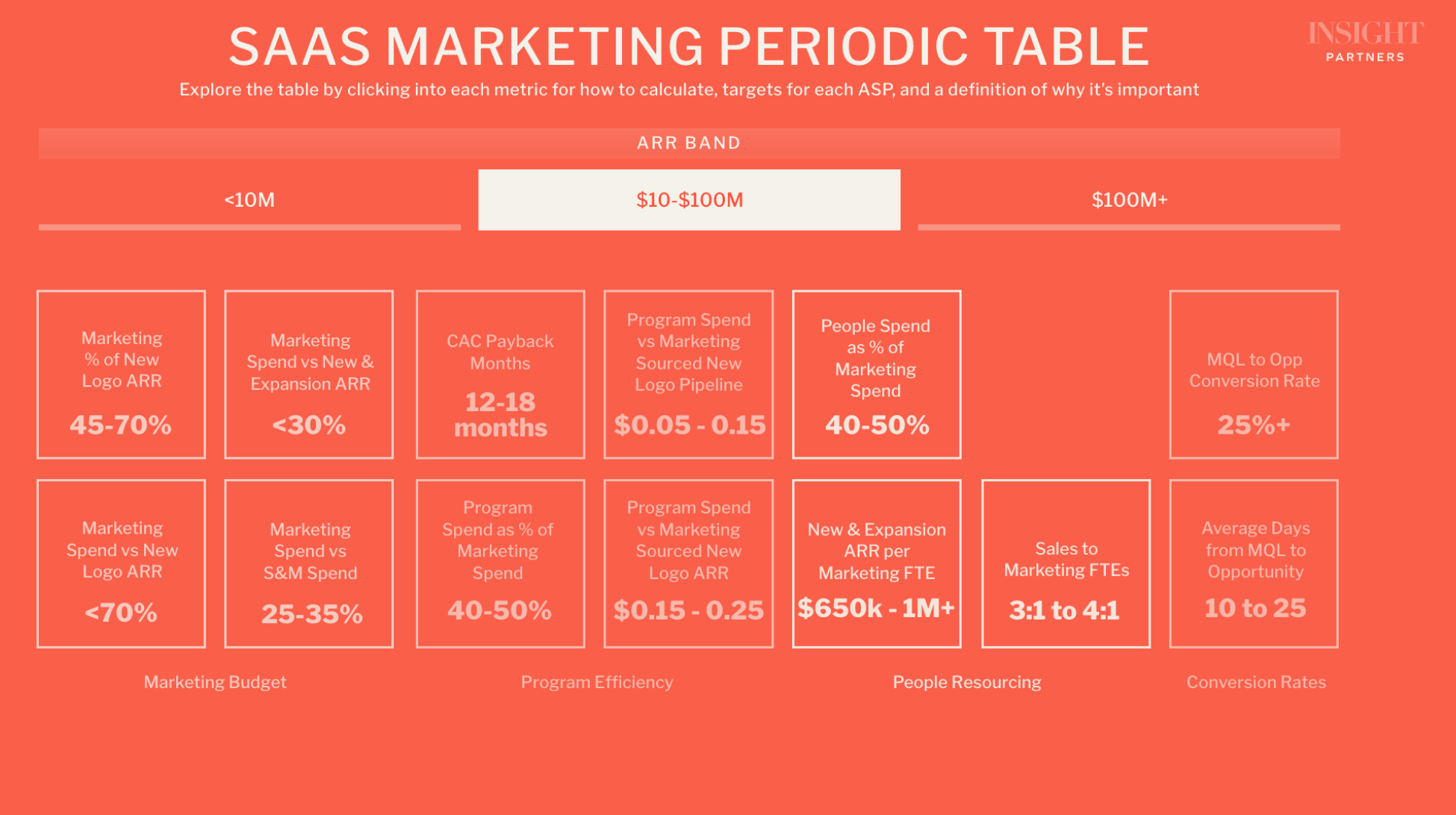Merav Bahat is solving the ignored half of the cyber problem at Dazz

Merav Bahat has just finished interviewing a job candidate for her cybersecurity company, Dazz. “I still really want to meet everybody who joins Dazz,” she says. “It’s important from a culture perspective.” Because Dazz is not your typical company.
Many cybersecurity Israeli-founded companies might follow the same blueprint: a male founder with a military background who moved into the private sector after a few years out of national service. Bahat defies that stereotype.
“If you look at the Insight Partners’ portfolio in cyber, I think I’m the only female founder,” she says. Women hold just one in four of all cybersecurity jobs worldwide, with the proportion in executive roles even lower. By her own telling, Bahat’s journey is “not the classic founder story.”
“Everything I did was self-made”
It starts instead with growing up in a religious family in the suburbs of southern Israel. Bahat was already disadvantaged — that part of the country has less access to education — but she was determined not to let where she was from define her. “Everything I did was self-made,” she says.
She underwent her compulsory military service, then went to the Technion – Israel Institute of Technology in Haifa. It was a struggle to get in, but once Bahat was there, she took full advantage of what higher education offered. “You’re exposed to great education, meeting the right people, and all of that,” she says. “That was, for me, the starting point.”
Breaking down barriers
Even then, Bahat was an oddity in the Technion. She had always been interested in tech and math – subject areas that were historically dominated by men. “I grew up with brothers and saw the opportunities they had as men and little boys,” she says. “I was attracted to that. I really loved it.”
Bahat graduated with her degree in engineering at Techion and moved into tech companies as a product manager before becoming vice president of product management at Flash Networks. She also spent a year at Harvard University’s Kennedy School of Government, where she learned how to lead businesses.
“It ignited my inner will to start something of my own and build a culture around building the best team and solving big problems,” she says. It was there that she first thought about setting up her own company. “I was at a junction, whether I start my own company or join something else.” Instead, she decided to return to Israel to work with Microsoft, building the company’s cloud business.
Formative years at Microsoft
At Microsoft, Bahat was charged with stitching together the different products the tech giant offered into a single package. “We created a huge business around security,” she says. “My contribution was in the product strategy.” Bahat was part of the security leadership team that led it to become a $2.5 billion business.
That success earned her a promotion to general manager of Microsoft’s cloud security business, where she was involved in the product, developing the go-to-market strategy, and working with product management and sales teams. “That was a really amazing experience, to build for scale and take something from a small startup to be something huge for millions of consumers,” she says.
She also took on extracurricular work within Microsoft, becoming vice general manager for Israel’s research and development center within the company. It involved building for scale, changing culture, and creating a new culture around which workers could coalesce. “I think it really made me a better person and also a better leader.”
But something niggled at the back of Bahat’s mind.
“I always knew that the next thing was going to be like my own thing,” she says. “You know, to start a company.”
I always knew that the next thing was going to be my own thing
The reasoning was simple. “I’m really a builder,” says Bahat. “Even at Microsoft, the most exciting days for me were to build the cloud security team, to get from zero to $100 million, and from $100 million to $1 billion. Just thinking how to scale and grow, how to build was my passion.”
The position she was in at Microsoft, overseeing an organization of hundreds of people, wasn’t feeding that passion any longer. “I lost my passion,” she says. “Everything slows down, and it becomes very political. So I had the passion to say: ‘Okay, let’s go build something really important and strong.’”
Building something “important and strong”
She brought along Tomer Schwartz, then VP of R&D at Claroty, to help her do it. Schwartz was one of the smartest security minds Bahat had met. He was young but had lots of experience. The two got together and came up with the idea that ultimately became Dazz: a different approach to securing cloud and modern development environments, simplifying the remediation process rather than bombarding users with more alerts. Bahat and Schwartz partnered with Yuval Ofir, who was working in research and development, and they became the founding trio behind Dazz.
Launched out of stealth in January 2021, Dazz does security differently. “Security was always about, ‘We’re scanning stuff, and we’ll let you know what’s wrong,’” says Bahat. But that only ever answers half the question. What do you do when you know something is wrong? How do you fix it?
Security companies often shy away from the latter part because it’s the most difficult. Only 10% of issues identified every month are remediated. And the longer they’re left to linger, the worse things get. “Developers are building stuff then deploying it with misconfigurations. Security collects all these issues from production, this backlog of issues,” she says. “It grows to millions of issues. And the problem is security sees the backlog and the risk window that is growing, but cannot do much about it.” Traditional security companies build products that identify those risk windows but don’t solve them.
We want to become a unicorn shortly
Dazz tackles security issues head-on. The problem is complex: a mix of development, engineering, and security, requiring input from three disparate teams that don’t often work together. And the team, which Bahat has led through multiple offices, and from 15 people to nearly 100 and still growing, helps solve the problem. “We don’t compromise,” says Bahat. “We have the best team across all functions and a culture we’re really proud of that attracts people with similar values.” Dazz has 30 people in its US office and has big plans. “We want to become a unicorn shortly,” she says.
Don’t bet against Bahat
Dazz is on its way to unicorn status, thanks to signing on early customers in the Fortune 500, proving that Dazz is a major player in the space. “Our first customers were immense, big enterprises,” she says. “If you can build for them, you can do it for anybody.”
Bahat’s ambition led Insight Partners to invest in the company in December 2021, less than a year after it launched, by leading Dazz’s a $60 million round. That financial support has helped the company get closer to achieving its goals – and setting new ones. Alongside hoping to cross the million-dollar annual recurring revenue milestone, Bahat has even loftier aims. “To win the market, obviously. I think we’re the best product in the space.”
You wouldn’t bet against Bahat and her team. “That’s the story of Dazz,” she says. “A lot of passion, a lot of ambition, and a great team.”
Scale up your career: See all open roles at Dazz on the Insight Partners job board.
The investor POV
“We want other female founders to look at her and go, ‘Okay, not only is it possible, but it’s possible in cyber'”

How long-lasting connections led to a landmark cybersecurity investment
“Some of the best ways to meet great founders are through other great founders,” says Steve Ward, managing director of Insight Partners. And it was via a great founder that Ward encountered Merav Bahat of Israeli cybersecurity company Dazz. Ward had previously built a strong relationship with the founders of cloud security company Wiz, as it came out of stealth with a Series A round in December 2020.
Ward urged Wiz to get into the remediation side of cybersecurity, recognizing a business opportunity and a point of differentiation. “I felt like too many companies were going down the road of identifying bad things occurring but not really doing anything about it,” he says. Wiz wasn’t keen to expand their business into that area but suggested Ward meet with a trio of founders, two of whom had previously worked at Microsoft, who were thinking on similar lines. “They don’t even really have a product or a name yet,” Ward remembers the Wiz team telling him about what would become Dazz. “Merav and her cofounders just have an idea. But the idea is very much aligned with where your head is at and where you’re going.”
The meeting went well. “The Dazz founders just sort of hooked me in with the idea and then with their personality, and how they all gel together,” Ward says. While many early startups struggle to define roles and delineate responsibilities, the company that Ward encountered had that all sorted out. “It was instantaneous,” he says. “I was like: ‘Okay, they’re going to do really well. They all know their role. They all understand the strengths of one another.’”
That the company was led by a female CEO was even better. “We want other female founders to look at her and go, ‘Okay, not only is it possible, but it’s possible in cyber, which is even more rare.’”
Buying in to the potential
Ward was convinced quickly that Dazz would be a success because of the founding team, and particularly because of Bahat’s strengths. “She’s aggressive,” he says. “And not in an off-putting way. She’s extremely curious. She asks a lot of questions, she doesn’t take no for an answer, and if she doesn’t fully understand she’s going to ask more questions. She’s going to call around and get opinions.”
Bahat is able to balance the necessary forcefulness necessary to build a world-leading business with the emotional intelligence to build a team of type-A personalities without ruffling feathers. “I think she’s found a really, really good spot and great balance with that,” says Ward.
He also loved the idea of working as an investor with the team as they built their business. “You’re really an extension of their team,” he says. “To me, that’s actually the most fun: the beginning part of it. You’ve got three founders, and you’ve got a really good idea.” Still, he was blown away by how quickly the company was built.
“Let the tide come to you”
That speed means that the company still needs to wait for the world to catch up. Ward recently put a poll up on LinkedIn asking his followers what they thought was more important in the world of cybersecurity: remediation or findings. Is it more important to find a bad thing, or to fix it?
The vote was pretty evenly split, but 51% still said that visibility was the most important thing. Ward says this is a lingering effect of the fact that, over the last decade, the technology to not just find, but to find and fix problems, simply wasn’t there.
Until Dazz came along. “They’re positioned properly, they’ve built a great piece of technology, and growth comes down to execution,” he says. “Sometimes you have to be patient and let the tide come to you.”
Interviewed by Chris Stokel-Walker for Insight Partners.






